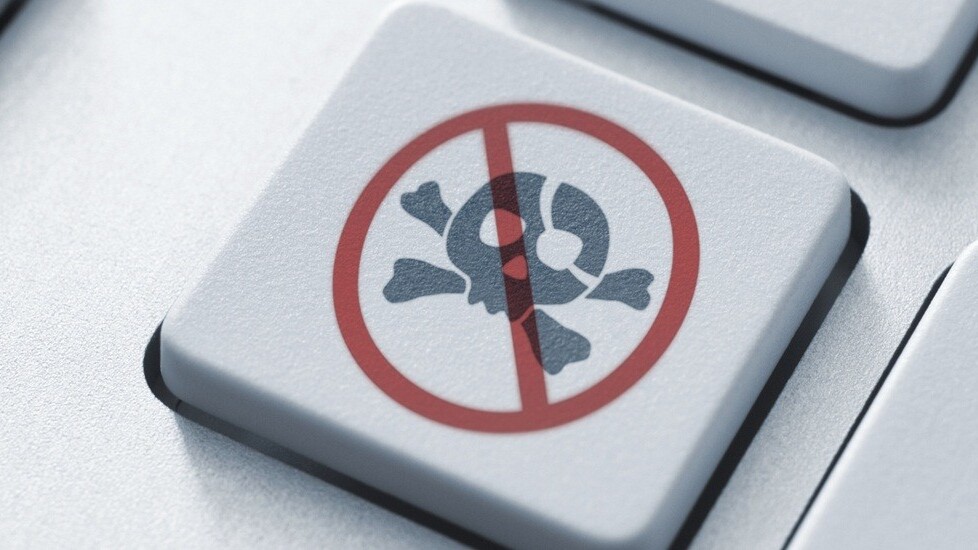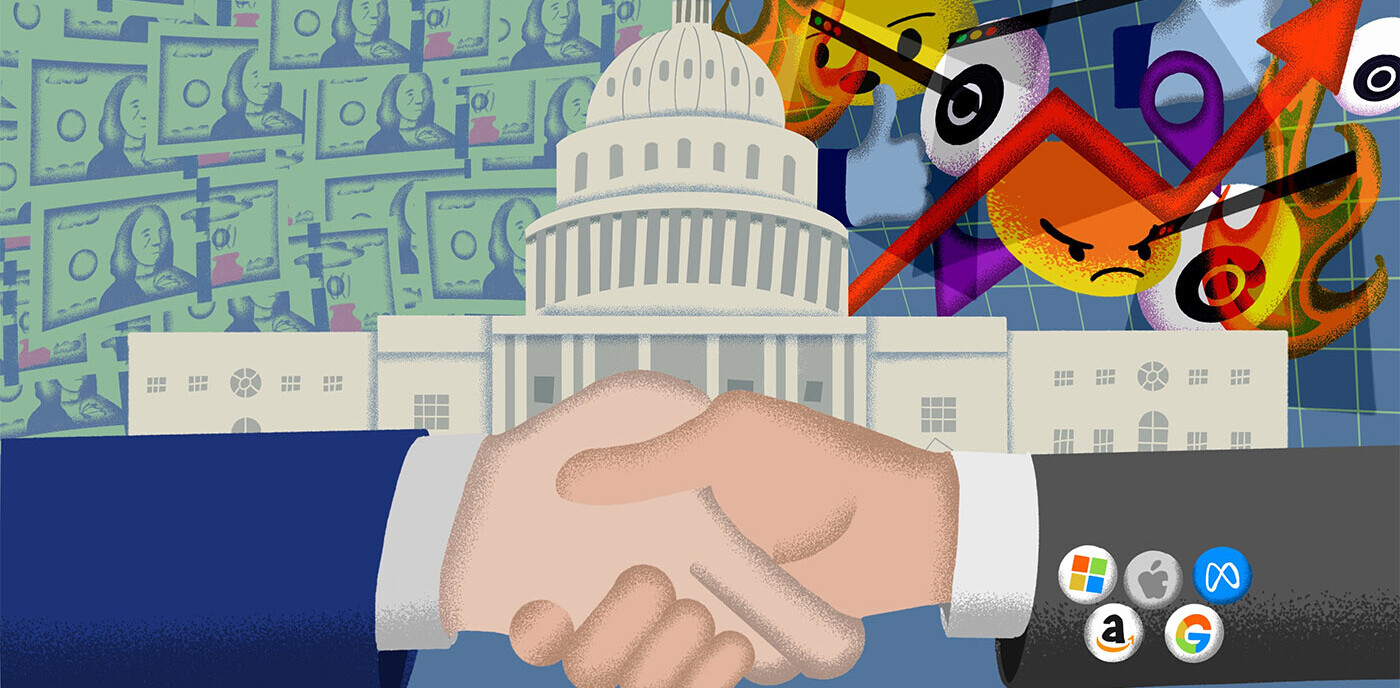
The US entertainment industry is pushing to introduce regulations that would allow content owners to legally send out malware to individuals that are believed to involved with copying digital content.
That’s according to the the Commission on the Theft of American Intellectual Property which presented a new 84-page report — spotted by Boing Boing — to the US government. In that respect, it is a serious proposal.
The theory is that software pre-installed on computers would identify whether an Internet user was illegally copying, housing or consuming copyrighted content, and then subsequently lock up their files, and/or computer, until the guilty party turned themselves in and deals with the consequences — perhaps paying up for the offending content or removing it.
Minding aside the illegalities for a second, it’s not clear exactly how the scheme would work. Already the proposal has attracted criticism from rights groups and we don’t expect Congress to be following up on any of the ‘proposals’ any time soon.
For your sheer amazement, here are two excerpts Boing Boing pulls up. You’ll note that the concepts are certainly off the wall:
Software can be written that will allow only authorized users to open files containing valuable information. If an unauthorized person accesses the information, a range of actions might then occur. For example, the file could be rendered inaccessible and the unauthorized user’s computer could be locked down, with instructions on how to contact law enforcement to get the password needed to unlock the account. Such measures do not violate existing laws on the use of the Internet, yet they serve to blunt attacks and stabilize a cyber incident to provide both time and evidence for law enforcement to become involved.
…
While not currently permitted under U.S. law, there are increasing calls for creating a more permissive environment for active network defense that allows companies not only to stabilize a situation but to take further steps, including actively retrieving stolen information, altering it within the intruder’s networks, or even destroying the information within an unauthorized network. Additional measures go further, including photographing the hacker using his own system’s camera, implanting malware in the hacker’s network, or even physically disabling or destroying the hacker’s own computer or network.
Past research has suggested that torrents may actually be a positive thing for movie producers, as researchers found that the closure of Megaupload may have hurt box offices revenues. Likewise, it’s been suggested that even movie studios themselves are complicit in file sharing activities. Clearly it is still a grey area and, while content houses are unlikely to ever accept Internet piracy, this is clearly not the answer in any way, shape or form.
The proposed plans of the commission are pretty ludicrous. Even Japan, a country well-known for adopting a tough stance on digital piracy hasn’t sunk to such shady and downright illegal proposals.
File sharing has been outlawed in Japan since 2012, but, back in January 2012, authorities unveiled plans to release a honey trap of files which, though made to look like popular drama show content, contained an alert reminding them that uploading and downloading copyrighted content is illegal.
Later last year, the government passed legislation that made the breaching of copyright laws a jailable offence. Those caught could be sentenced to up to 10 years in prison, or handed a fine of up to 10 million yen ($125,000).
For those that are curious, yes, the Commission on the Theft of American Intellectual Property does actually exist. Here are its three main purposes, as stated on its website:
- Document and assess the causes, scale, and other major dimensions of international intellectual property theft as they affect the United States
- Document and assess the role of China in international intellectual property theft
- Propose appropriate U.S. policy responses that would mitigate ongoing and future damage and obtain greater enforcement of intellectual property rights by China and other infringers
You may already be familiar with its proposal to ‘get tough’ on China by imposing banking and financial sanctions, as well as withholding funding from the WHO. It goes without saying that the organization supports CISPA.
Further reading: Lauren Weinstein’s Blog
Headline image via Thinkstock
Get the TNW newsletter
Get the most important tech news in your inbox each week.





